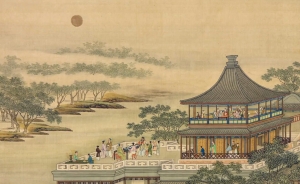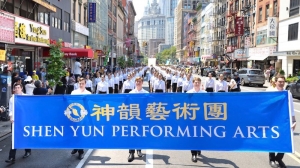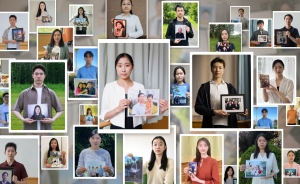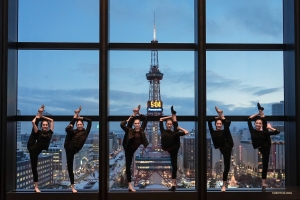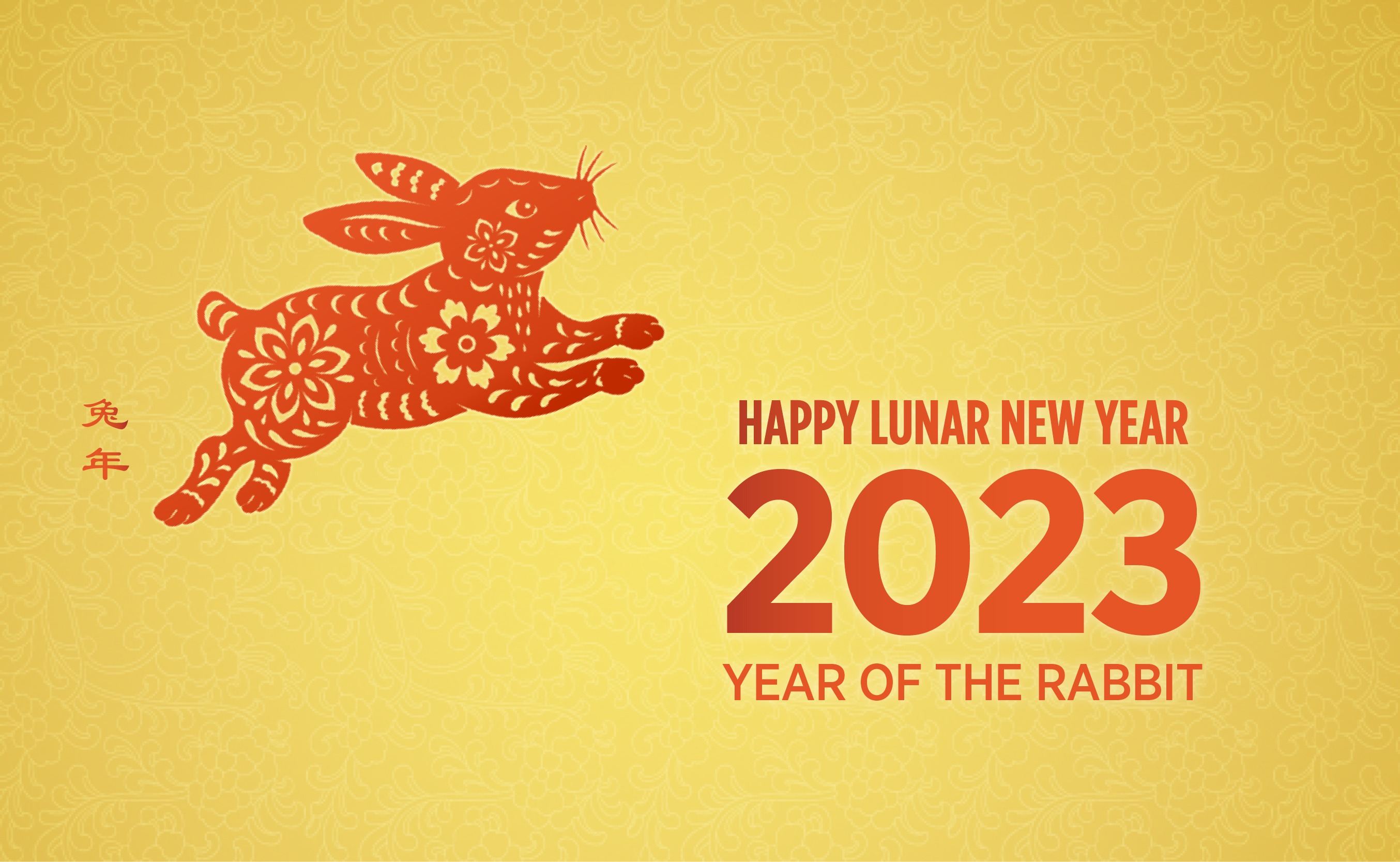
How To Enjoy the Lunar New Year at Home
Advance those allowances, sweep the floor, but whatever you do, don’t flip the fish!
The Lunar New Year, or Chinese New Year, is not only the longest Chinese holiday—it’s a full 15 days!—but it is also the most important. It’s a time for cleaning and celebration, new clothes and new beginnings. Thanks to the lunar calendar, it falls on different dates every year, somewhere in January and February.
This year, the Lunar New Year begins Jan. 22. Traditionally, this is a time for honoring deities as well as ancestors, and for observing unique rules. Here are a few that you can join in on, and be part of one of the world’s most popular holidays, right in your own home (or apartment, or dorm, as the case may be):
Rule #1: Clean Up and Cook Ahead
The New Year is a time for new beginnings, and everyone likes to start off fresh. So the nine days before the new year are reserved for a massive top-to-bottom cleaning of the house. Now, before you belittle this form of celebration, you should know that brooms sweep out not only dust, but also bad luck. It’s important to work from the corners to the center of the room, then toss the misfortune out via the back door. On New Year’s Day, though, the brooms and dustpans are carefully left untouched so the freshly arrived good luck can stay in the house and not be swept out by mistake.
It’s now time to dress up in new clothes, and gather the family at home for a reunion with lots of food and goodwill. Most of the food will be prepared or cooked before New Year’s—this time to prevent “cutting up” your good luck with your kitchen knives.
Rule #2: Bring On the Firecrackers
According to ancient legend, thousands of years ago the new year was marked by the arrival of a fearsome monster called Nian. This monster would terrorize villages, scaring everyone away and feasting on those not quick enough to flee. One day, a wise monk arrived at a village on New Year’s Eve and awaited the beast. When the hideous Nian appeared, the monk suddenly lit firecrackers. Their smoke and loud crackling scared Nian away. It worked so well that the villagers made it an annual tradition, and the Nian monster never appeared again.
Ever since, the word for year in Chinese is nian, and to pass from one year to the next is to (safely) pass Nian, or guo nian.
The classic Chinese firecracker is a long string of small, bright red cylinders. Rather than being shot off into the sky, they are lit and left to explode in a rambunctious cloud of smoke, paper, and sparks right on the street. This is to make enough noise to scare off any evil monsters trying to grab a personal snack or two. Of course, fireworks take this to a whole ’nother level.
Rule #3: Advance Those Allowances
Are you married or are a grandparent? If yes, get your wallet ready. During the Chinese New Year, couples and grandparents have the traditional pleasure of handing little red envelopes filled with money to single people (mostly children). It was believed that such “lucky money” would bring children good fortune in the coming year, while protecting them from evil. For maximal luck, it’s recommend sleeping with the envelope under your pillow for seven days before finally opening it.
But you can’t give any amount. More than generosity, it’s important to give money in even amounts. Whereas Jews traditionally give in multiples of 18, Chinese especially like eight and its variations—$88 or $88,888 are good choices (though most Chinese experts would agree the latter is about a thousand times better). Why eight? Because in Chinese the word for eight (ba in Mandarin, and especially fa in Cantonese) sounds like the word for prosperity (fa). Avoid giving out odd-numbered gifts of money at all costs—those are usually reserved for funerals!
Rule #4: Hold Your Temper
Another traditional Chinese belief is that what you do during New Year will affect your next twelve months. For this reason, the two weeks of celebration are a good time to keep tempers strictly in check. It’s also best to avoid swearing, unlucky words, crying, and even scolding children (this should be a little easier if they also follow these rules). To set a solid monetary foundation, no money is lent or borrowed on the first day. If your Chinese friend owes you money, best to wait a few days (perhaps until the red envelopes are opened).
Rule #5: Eat Well, But Don’t Flip Your Fish!
Like Christmas or Thanksgiving dinners, the Chinese New Year’s Eve dinner is a veritable feast of fantastic food, celebrating the family’s reunion. Menus differ based on geographic location, but fish is a regular favorite. Why? Because, of course, the Chinese word for fish, yu, is a homophone (sounds exactly the same as) abundance. Therefore, if someone wishes you: “nian nian you yu,” you don’t know if she is blessing you to have abundance every year, or to have fish every year. Probably a little of both.
In Chinese cuisine, fish is often served whole (head, spines, and, yes, eyes too) on a plate, and eaten one side at a time. After the top half is eaten, the spine should be removed rather than flipping the fish, to prevent turning your surplus upside down into a deficit.
Other popular foods:
- Dumplings, especially in northern China, where the dough is kneaded to resemble gold ingots and stuffed with filling representing packed luck.
- Mandarin oranges, as the character for orange, ju, sounds like ji (lucky).
- Melon and sunflower seeds, symbolizing fertility.
- Niangao, also known as New Year cake, is popular in eastern China. A sticky, chewy condition of glutinous rice flour that is a homophone of “fortunate year.”
All in all, the New Year celebration is a time for families to enjoy each other’s company and have high hopes for the year ahead. So, if you want to join the Lunar New Year party, pick up the phone and call your mom, your grandma, your son, your third cousin—someone—and wish them a happy New Year!
From all of us here at Shen Yun: may your nian be full of fa and yu and ji, and of course, health and happiness!



